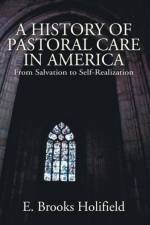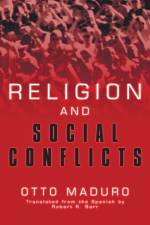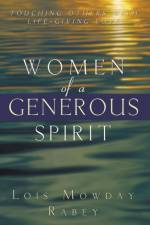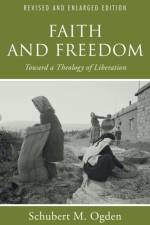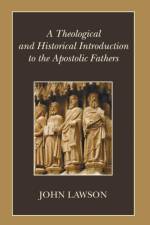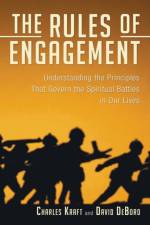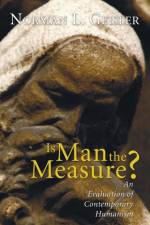489,-
This book is about the past and continuing debate over the causes of United States involvement in the Vietnam War. It brings together readings that best exemplify the widely varying answers that historians, political scientists, social scientists, policymakers, journalists, and novelists have given to the essential question of American involvement: why did the U.S. intervene diplomatically and militarily in Vietnam between 1945 and 1975?"" --from the PrefaceTo Reason Why breaks new ground in covering and analyzing this issue. Kimball has gathered together thirty-eight readings -- including speeches, interviews, and articles -- that best exemplify the conflicting ideas and theories about the U.S. intervention in Vietnam. Among these thirty-eight readings are excerpts from David Halberstam, Daniel Ellsberg, Frances FitzGerald, Henry Kissinger, Lyndon Johnson, and Richard Nixon.Jeffrey Kimball''s book, ''To Reason Why'', was the best reader available when it first appeared. It still is. Kimball''s volume contains a cross-section of documents and readings that bring to clear focus the defining moment of the second half of the twentieth century. The United States still has not come to grips with the Vietnam War, especially its lessons that suggest the limits of power and the dangers of militarism. I used the book two decades ago. It has not lost any of its power to force readers to consider, and reconsider, the origins and nature of the war, its conduct, and its legacies. Indeed, in light of American policy since 9/11, it is a source book for sanity in our dangerous world.""--Geoffrey Smith, Professor of History, Queen''s UniversityKimball''s judicious introduction and headnotes do not prejudice any particular thesis. The care that he has taken to give equal weight to cultural and social forces along with military and strategic factors produces an interpretation much more complex than the simplistic domino theory that persisted for so many years in U.S. government explanations of the war.""--David L. Anderson, in The Journal of Military HistoryThis book specifically addresses the issue of ''why'' the United States became involved, usually the first question students ask. Kimball''s interest in focusing attention on the wide-ranging debate over ''causes'' of the Vietnam War seems particularly appropriate at this time, considering the lack of such debate in popular political discourse.""--Emily S. Rosenberg, in Reviews in American HistoryJeffrey Kimball is a professor at Miami University of Ohio and has taught courses on diplomacy, peace, war, imperialism, popular culture, the United States, American presidents, and Western civilization since 1968. His books include Nixon''s Vietnam War (1998; winner of both the Ferrell Prize and the Ohio Academy of History Book Award) and The Vietnam War Files: Uncovering the Secret History of Nixon-Era Strategy (2004; winner of the Arthur S. Link/Warren F. Kuehl Prize). Kimball is also the author of numerous articles and book chapters on diplomacy, war, peace, and historiography, has served as President of the Peace History Society, and has been a Nobel Institute Senior Fellow and a Woodrow Wilson International Center Public Policy Scholar.









